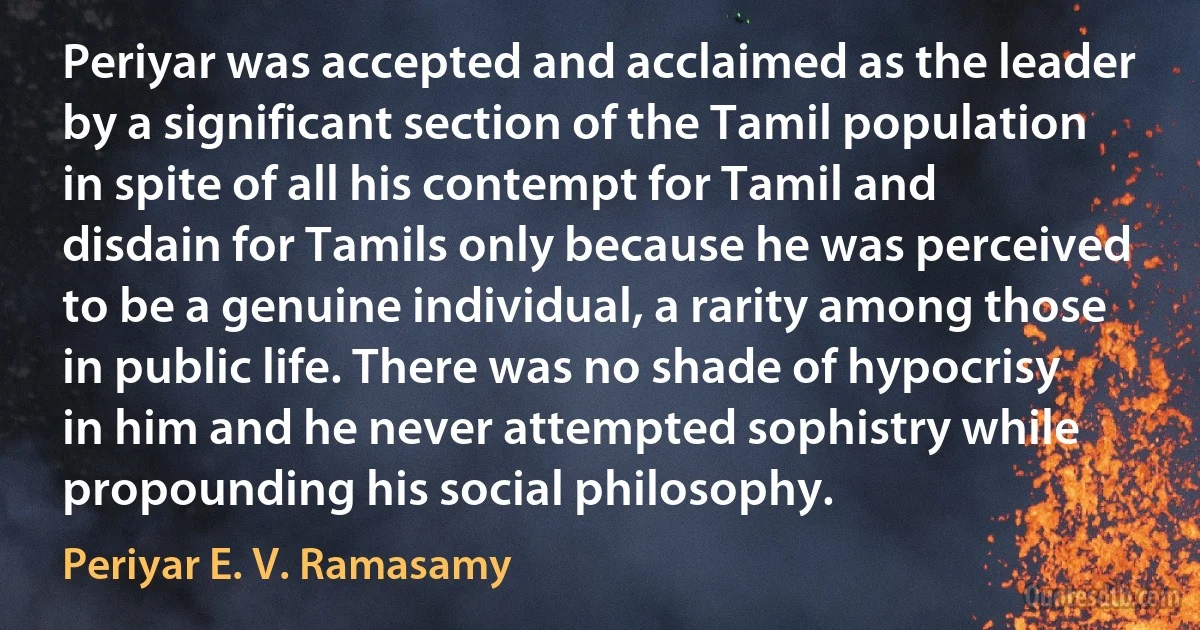Sophistry Quotes - page 2
At Chicago, Hayek put aside his more technical economic work for the development of a social and political theory that became in time the most ambitious and complete synthesis to emerge from the ranks of the post-war Right. Among its themes - the overriding significance of the rule of law, the need for social inequality, the function of unreflective tradition, the value of a leisured class - were many cultivated by Strauss across the campus. Neither thinker, however, ever referred to the other. Did temperamental antagonism, or intellectual indifference, dictate the silence? Whatever the case, latent tensions of outlook between them were to find expression in due course. Schmitt, on the other hand, was never far from Hayek's mind – standing for the prime example of a skilled jurist whose sophistry helped to destroy the rule of law in Germany, yet a political theorist whose stark definitions of the nature of sovereignty and the logic of party, at any rate, had to be accepted.

Friedrich Hayek
War is not the greatest evil, though it is an evil. The open struggle of the battlefield is not the greatest evil; worse is that chronic condition of society which makes possible the violence of the stronger to the weaker; worse than war are insincerity and falsehood; worse is that egotism hidden under the mask of humanity and nobility in mind; worse is cowardice passing itself off as fortitude; worse is sophistry deceiving the sensible and wise. Death is not worse than a dishonourable life which destroys its own soul as well as that of its neighbour.

Mike Jones
Janis knew more than I did about "how it was", but she lacked enough armor for the inevitable hassles. She was open and spontaneous enough to get her heart trampled with a regularity that took me thirty years to experience or understand. On the various occasions when we were together, she seemed to be holding in something she thought I might not want to hear, like older people do when they hear kids they love saying with absolute youthful confidence, "Oh, that'll never happen to me." Sometimes you know you can't tell them how it is, they have to find out for themselves. Janis felt like an old soul, a wisecracking grandmother whom everybody loved to visit. When I was with her, I often felt like a part of her distant family, a young upstart relative who was still too full of her own sophistry to hear wisdom.
Did we compliment each other? Yes, but not often enough.

Grace Slick

